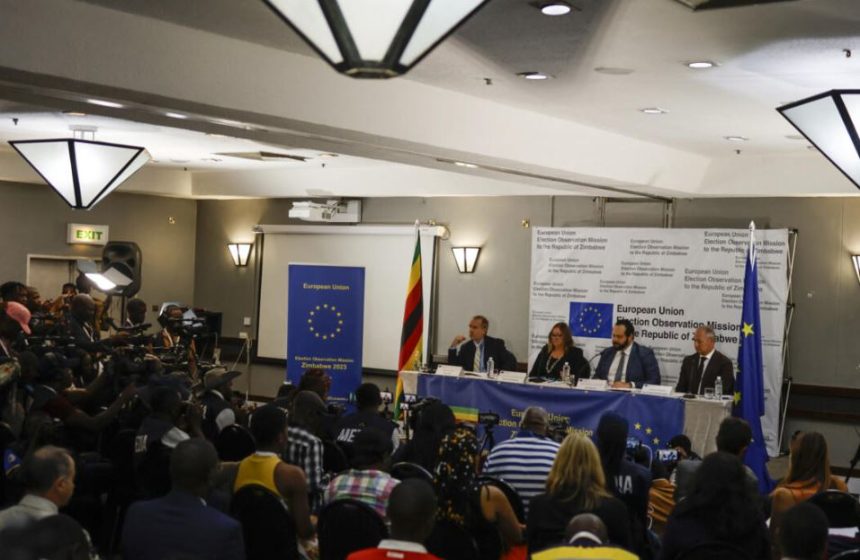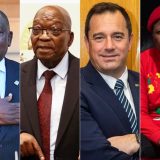The integrity of the tense vote was questioned by foreign poll monitors on Friday who claimed that Zimbabwe’s presidential and legislative elections did not adhere to regional and international standards.
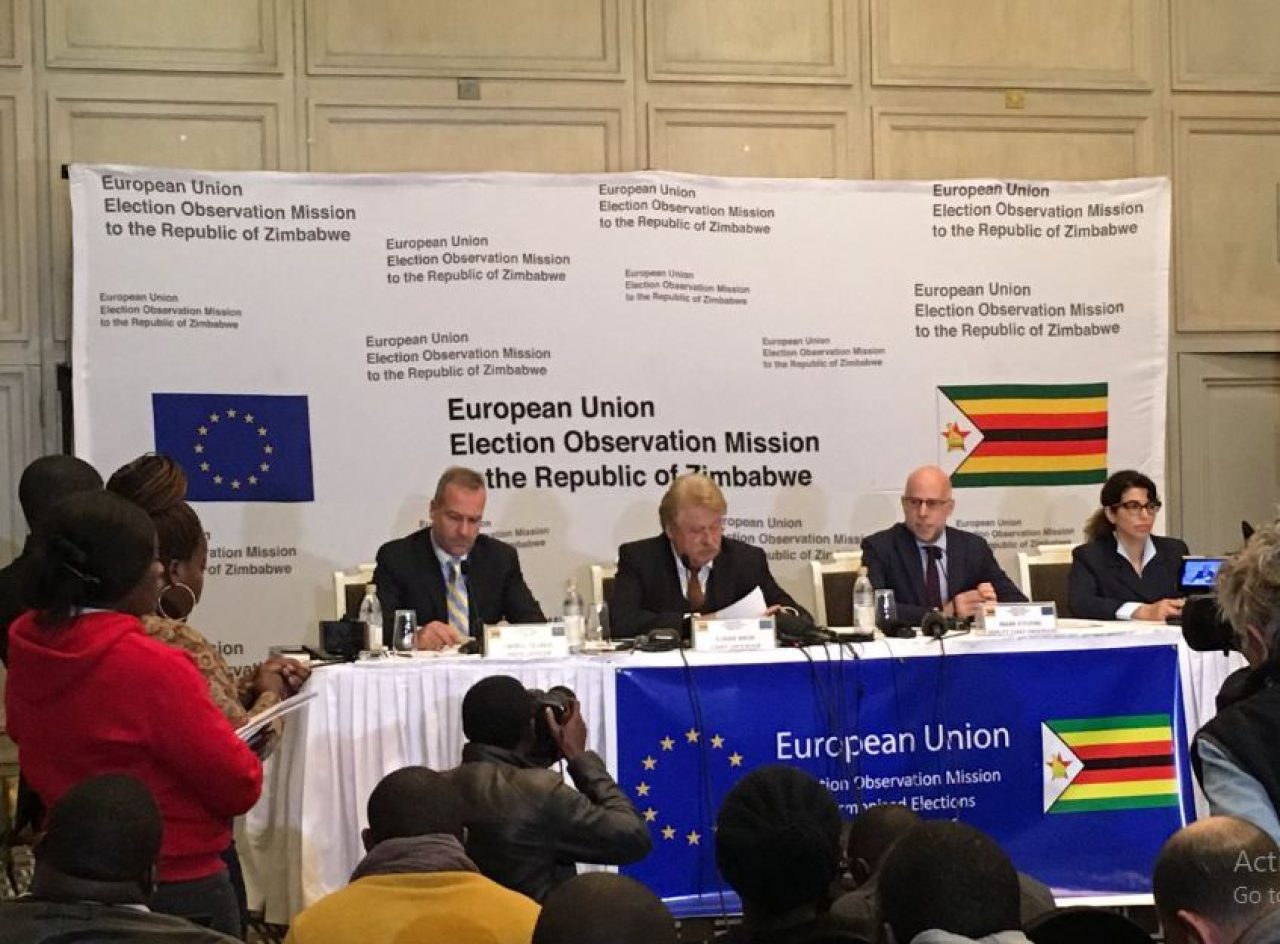
In polling hampered by delays, Zimbabweans went to the polls on Wednesday and Thursday. The poll was held amid a backdrop of unhappiness over Zimbabwe’s economic situation.
Regional and international observers expressed alarm about a number of factors that tainted the election, including the banning of opposition demonstrations, the denial of accreditation to various foreign media, the absence of voters’ names from the voter roll at their polling place, biased state media, and voter intimidation.
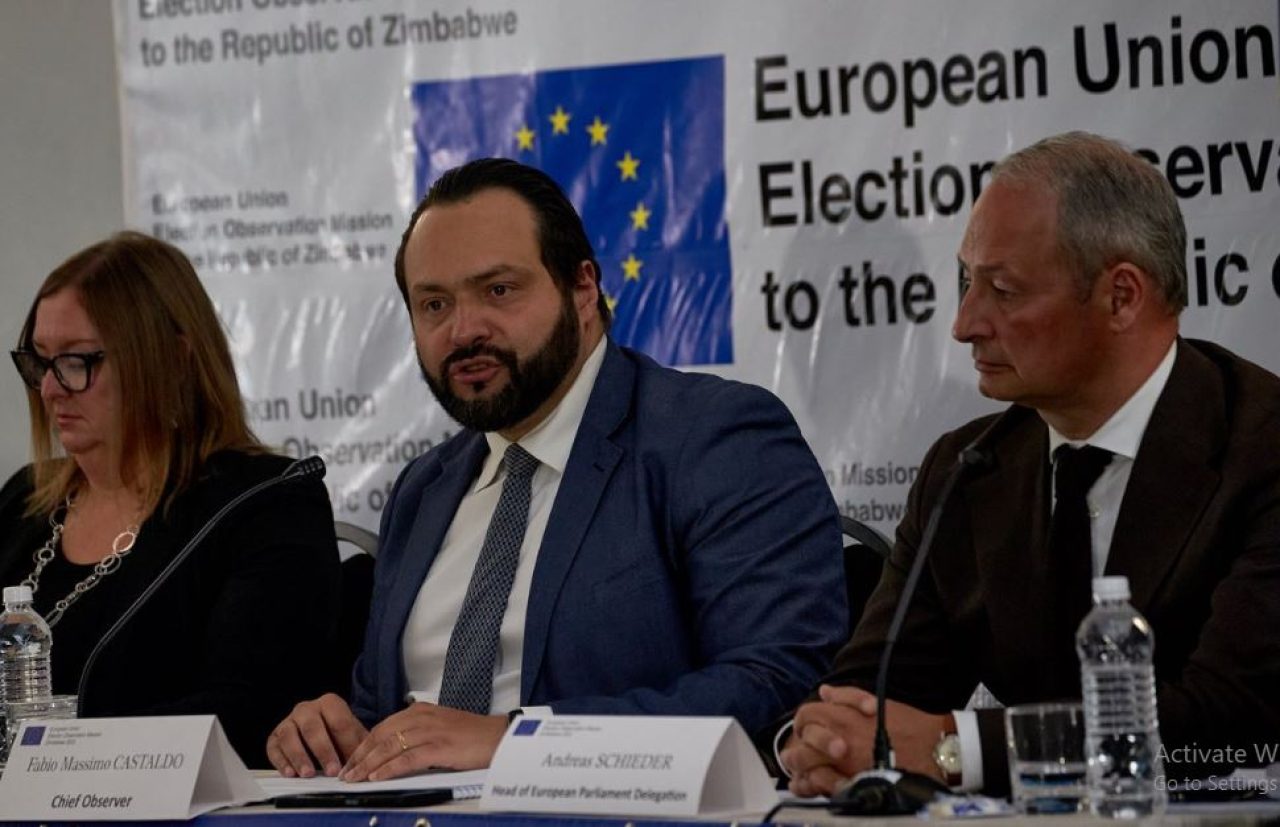
The head of the European Union observer mission, Fabio Massimo Castaldo, said the election “fell short of many regional and international standards”.
“Violence and intimidation resulted ultimately in a climate of fear,” he said.
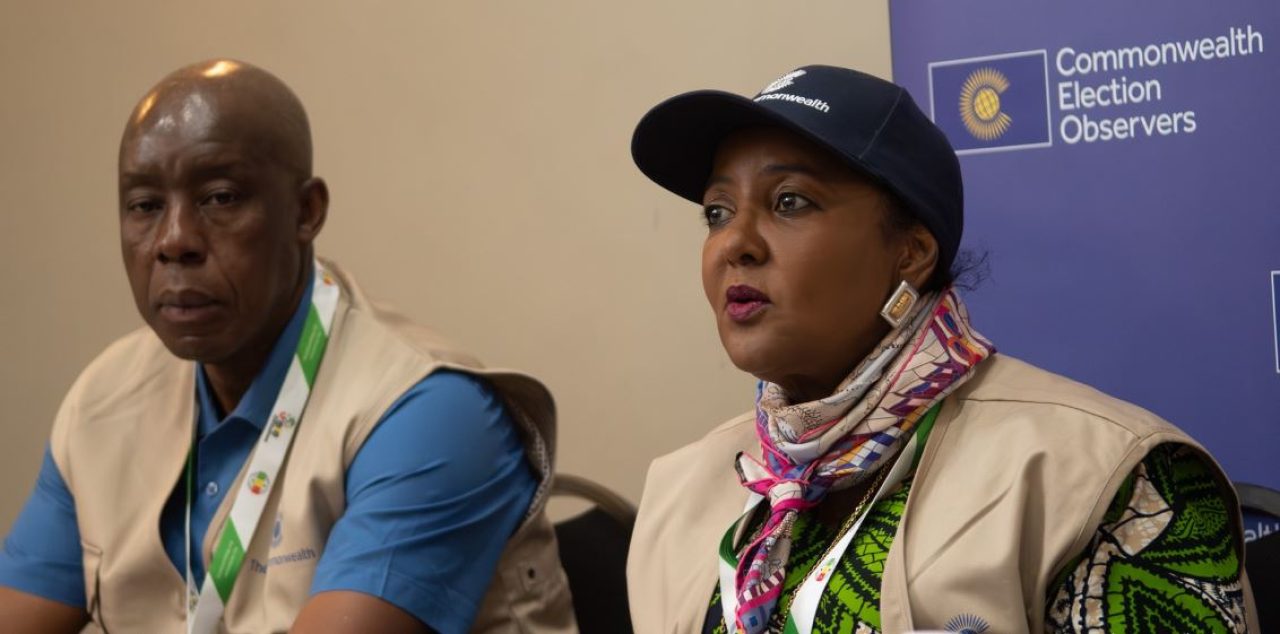
Commonwealth observer mission chair Amina Mohamed, of Kenya, said overall the voting process was “well conducted and peaceful” but a ” number of significant issues” impacted on the election’s “credibility” and “transparency”.
“Some aspects of the … election fell short of the requirements of the constitution of Zimbabwe, the electoral act and the SADC principals and guidelines governing democratic elections,” said head of the regional bloc’s delegation Nevers Mumba, a former Zambian vice president.
It was an unusual criticism from the 16-nation Southern African Development Community (SADC), whose observers typically support national elections in the member nations.
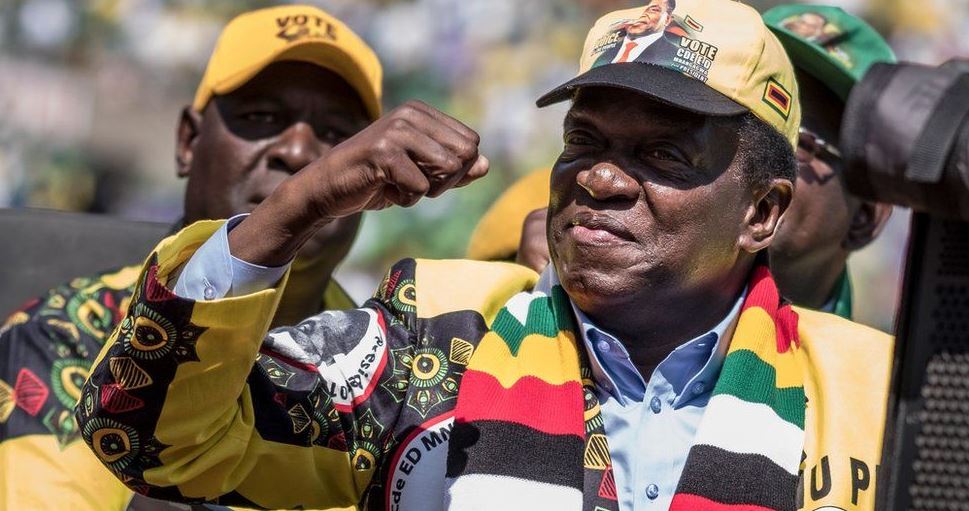
Southern Africa is watching the election as a test of support for President Emmerson Mnangagwa’s 80-year-old ZANU-PF party, whose 43-year dominance has been weakened by a stagnant economy and accusations of dictatorship.
Due to delays in the printing of vote papers in certain important areas, notably Harare, the opposition stronghold, voting was forced to last an unusual second day.
More than 100 of the Citizens Coalition for Change’s campaign meetings were shut down. The major opposition, Citizens Coalition for Change (CCC), which is Mnangagwa’s biggest rival, criticised the election process as “fundamentally flawed.”
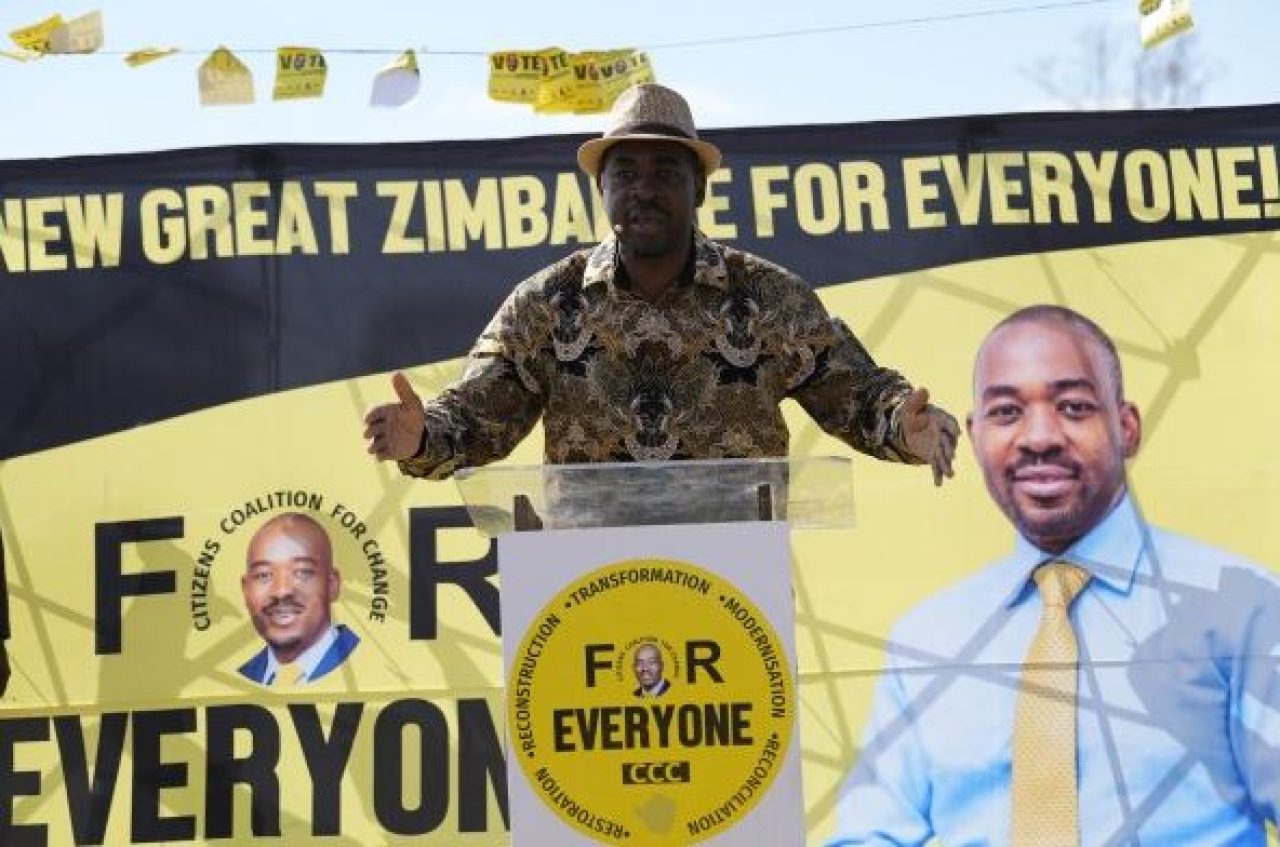
On Wednesday, the first day of voting, fewer than 25% of polling places in Harare, a stronghold of the opposition, were open when they were supposed to.
Due to the issues, Mnangagwa, who is running for re-election, had to issue a late-night order extending the voting period by one more day.
Rodney Kiwa, the deputy chairman of the Zimbabwe Electoral Commission, told AFP on Thursday that the authorities were still confident in their ability to announce the results before the deadline on Tuesday.
- Grave Concern
CCC leader Nelson Chamisa slammed the delays as “a clear case of voter suppression, a classic case of Stone Age… rigging”.

The major opponent to Mnangagwa, who took office in 2017 following the overthrow of former leader Robert Mugabe in a coup, is Chamisa, 45.
Meanwhile, police detained 41 local monitors late on election day and took their computers and cellphones away, alleging that they had been “used to unlawfully tabulate” data from polling places, a “subversive and criminal” activity.
The observers, who are primarily women and men in their 20s and early 30s and who work for regional pro-democracy NGOs, arrived Friday at a Harare court crowded into the back of an open white truck to make their appearance before a magistrate.
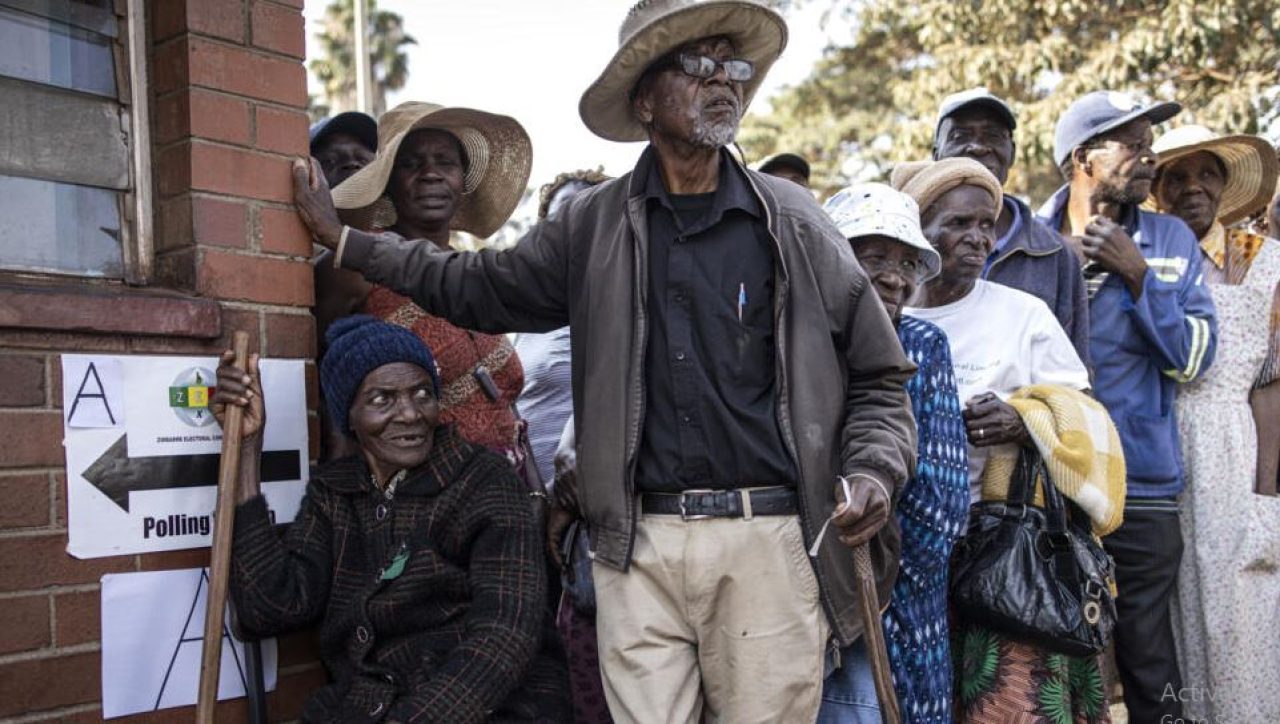
Some waved and fought back tears as they were received by a small group of family and friends while they waited in the sun.
Some wore green t-shirts or blue caps with the words “election observer” on them.
According to the head of EU election monitors, the arrest of 41 observers “adds to our grave concerns.”
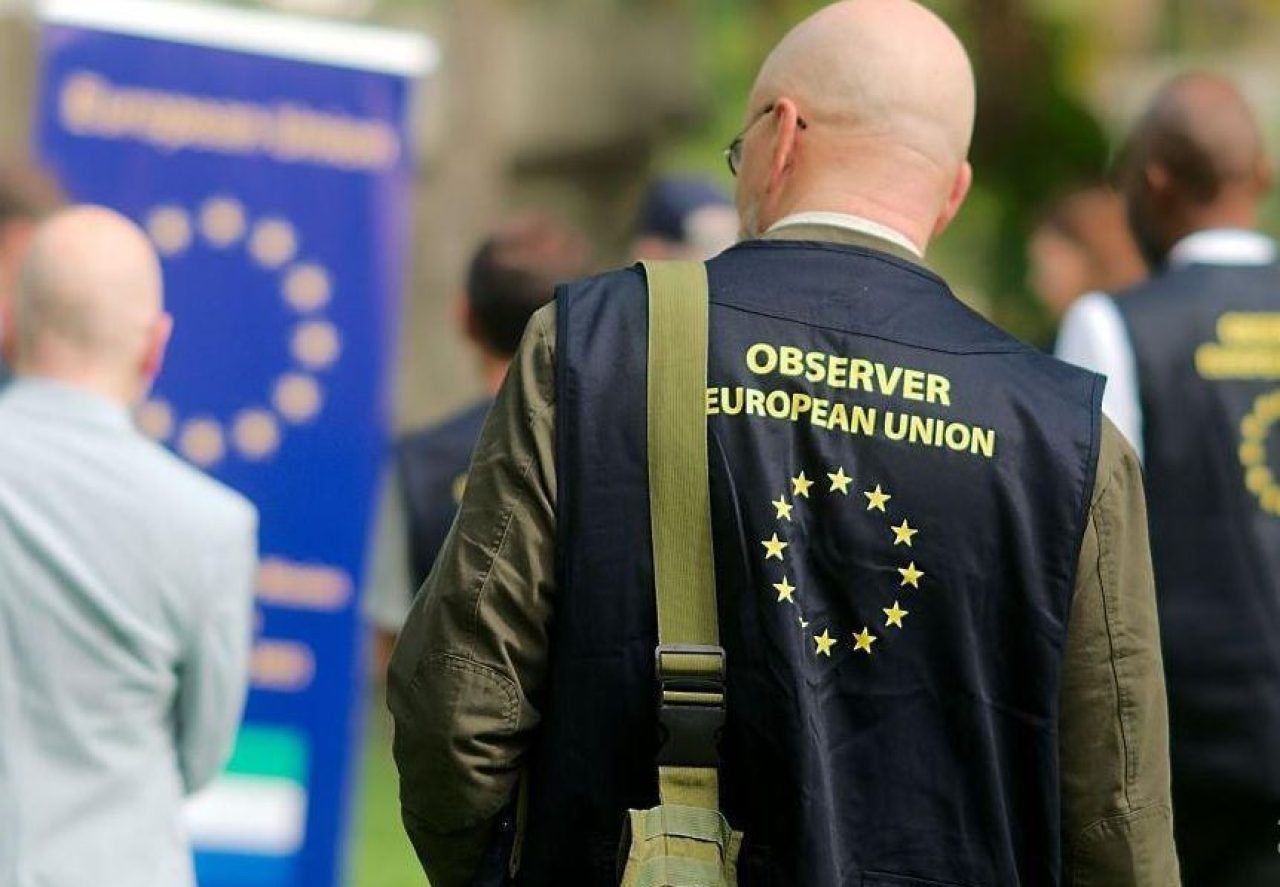
“At this stage it’s all pointing towards a disputed election,” said Kealeboga Maphunye, an African studies professor at the University of South Africa in an online debate organised Friday by the South Africa-based Southern African Liaison Office.
